95-865 (A)


Plagiarism and other forms of academic misrepresentation are taken extremely seriously. Misrepresentation of another's work as one's own is widely recognized as among the most serious violations. The violation is clearly flagrant when it occurs as plagiarism on a required paper or assignment or as cheating on an examination, regardless of whether it is a take-home or in-class examination. The punishment for such offenses can involve expulsion from the program. There are many other ways in which a violation can occur.
Academic Dishonesty: Students are expected to maintain the highest ethical standards inside and outside the classroom. Cheating on exams and term papers (i.e. plagiarism and unauthorized collaboration) is obviously discouraged. The usual penalty for violations is a failing grade for the course. The college and university may apply additional penalities.
The course cheating policy is based on the Carnegie Mellon University Policy on Cheating and Plagiarism. It is summarized by the quote below.
"It is the ethical responsibility of students to identify the conceptual sources of work submitted. Failure to do so is dishonest and is the basis for a charge of cheating or plagiarism, which is subject to disciplinary action."
All of the following actions are considered to be plagiarism.
If you did not write it yourself, do not turn it in.
A student may use the ideas expressed in the instructor's slides or in material found on the Web, but the ideas must be expressed in the student's own words to demonstrate understanding of the topic.
Students should cite information sources whenever using ideas or information discovered outside of class (e.g., on the Web or in the library). A student is less likely to be accused of plagiarism when information sources are cited.
Students are also prohibited from cooperating on homework assignments unless the instructor states explicitly that cooperating is allowed. Students are allowed to discuss homework assignments, but not to collaborate in solving problems, writing answers, or writing computer software. If two students are found to have cooperated on a homework assignment, both students are considered to have cheated. It does not matter which student did the original work and which student copied.
Students are responsible for proactively protecting their work from copying and misuse by other students. If a student's work is copied by another student, the original author of the work is also considered to be at fault and in gross violation of the course policies. It does not matter whether the original author allowed the work to be copied or was merely negligent in preventing it from being copied. When overlapping work is submitted by different students, both students will be punished.
Plagiarism, copying, and other forms of cheating typically results in immediate failure of the course. The head of the student's degree program is notified. The department, college, and/or university may take additional disciplinary action.